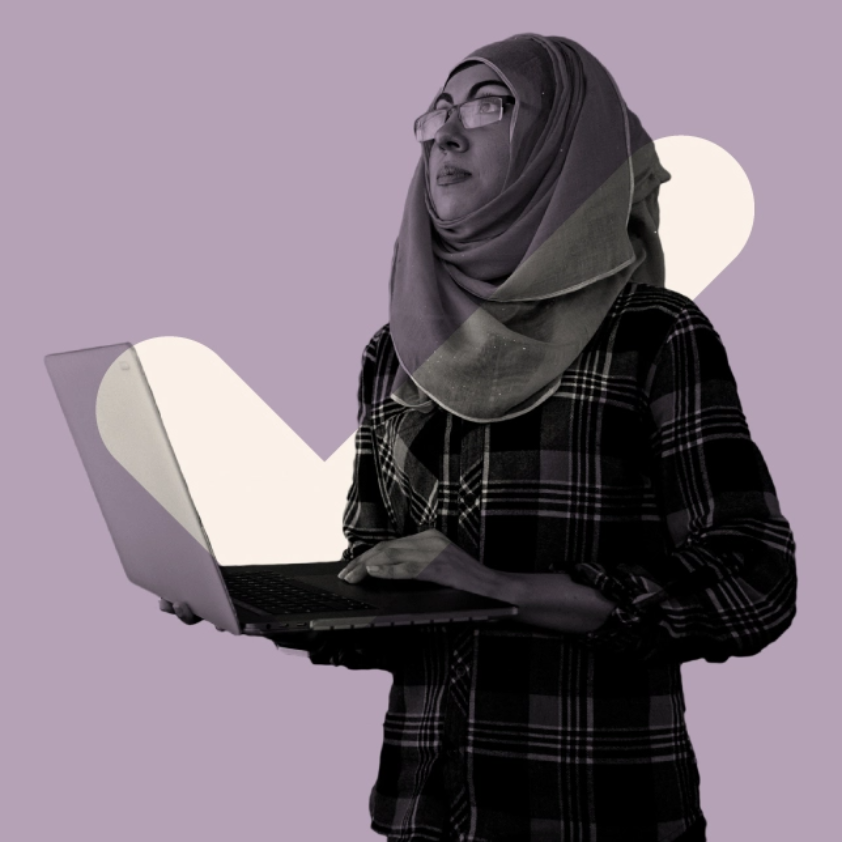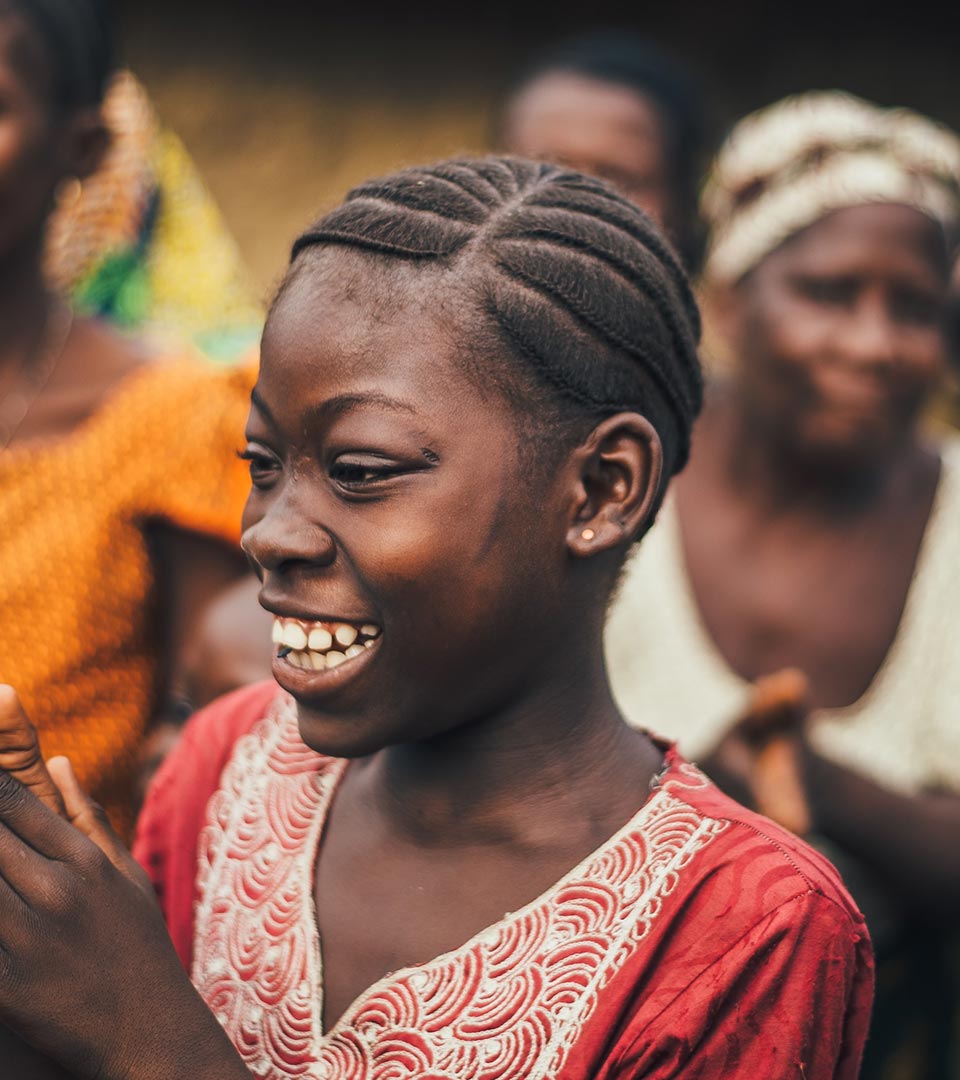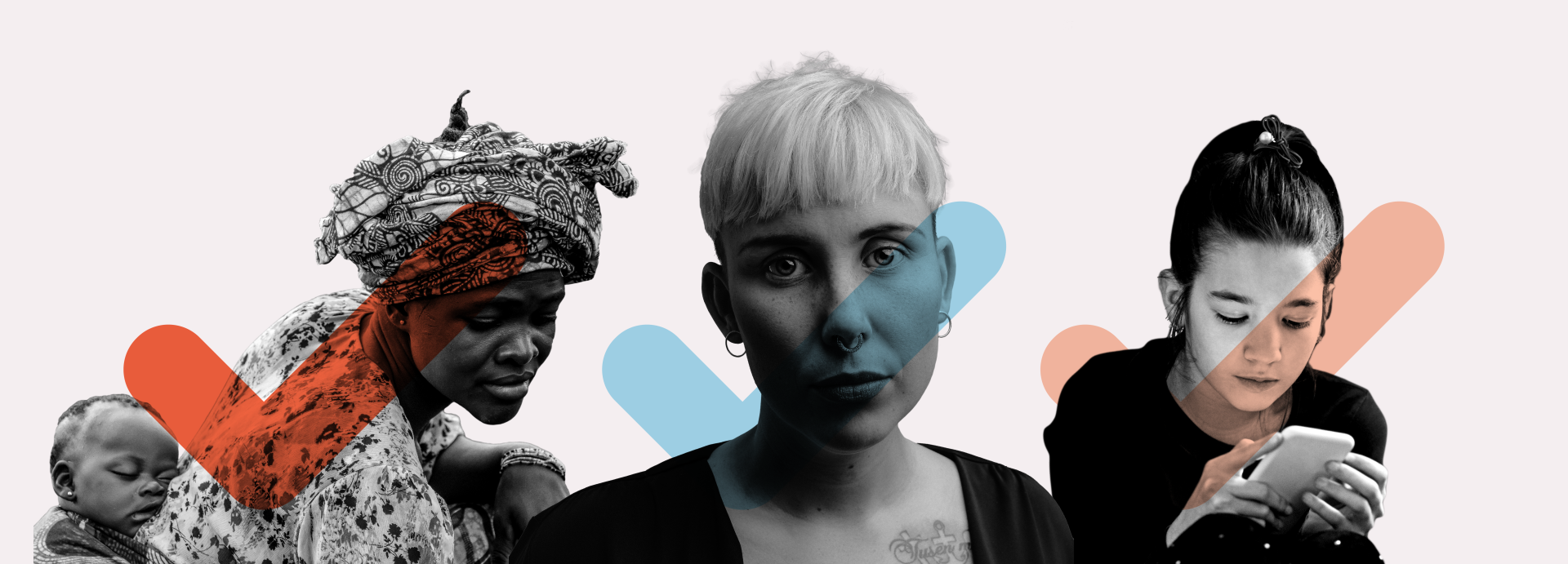THE CHALLENGE WE FACE
Regulation of the digital world is inconsistent and ineffective. Those who are most profoundly affected by this are the people, groups, and communities with the least power and privilege.

A GLOBAL ISSUE
Over the past five decades, unprecedented advances in digital technologies and communications have revolutionized the way we live, work, and connect, with the boundaries between our physical and digital worlds becoming increasingly blurred.
Despite the transformational potential of these advances, digital spaces remain largely unregulated. There are no universal rules for those who design, operate and profit from digital networks and services; nor is there an effective way to ensure that common standards designed to guide and protect our digital interactions are universally and equitably upheld.

DIGITAL DISCRIMINATION
The people and communities who are most profoundly and consistently affected by the uneven regulation of our digital ecosystem are those with the least power and privilege.
Women and girls, Indigenous and racial minorities, people with disabilities and those living in socioeconomically neglected communities around the world – theirs are the shoulders upon which the enormous burden of harm caused by global digital inequality rests most heavily.
In recent years, existing inequalities have been exacerbated and amplified by the effects of the COVID-19 pandemic, and new forms of oppression and violence have emerged.

THE EVIDENCE
- Online violence in India tripled during the COVID-19 pandemic (from 26% to 74%) [ICRW, 2021]
- 1 in 3 people in Australia, New Zealand, and the UK have experienced at least one form of image-based sexual abuse [Monash University Australia, 2020]
- 79% of 12–15-year-old internet users in the UK report at least one potentially harmful experience online in the past 12 months [Ofcom, 2021]
- 55% of sex trafficking cases in 2020 involved the use of internet technologies by traffickers (UNODC, 2020)
JOIN
US
AUDRi represents the world’s leading voices in equality, both within and beyond the digital sector.


CRIME IN THE DIGITAL AGE
Every day, there are new and gravely alarming examples of how unregulated digital technologies and networks are threatening people’s rights and freedoms, including:
- Non-consensual sharing of intimate images (including ‘deep fakes’), the publication of private or identifying information about a particular individual on the internet (known as doxxing), or the mass disclosure of private information through hacking.
- AI discrimination, where existing bias is coded into algorithms that are subsequently used to decide everything from what insurance packages we are offered, to how likely we are to engage in criminal behavior.
- Online child sexual exploitation and abuse, such as livestreaming and sharing of child sexual abuse material, online grooming, and online sexual extortion.
- Cyber violence and harassment, including content that is hostile towards a person or group based on their race, religion, disability, sexual orientation, or gender identity.
- Echo-chamber effects, where online communities form around racially or sexually discriminatory and biased ideologies, leading to disconnection and radicalisation.
BEYOND BORDERS
The digital environment, like the natural environment, transcends national borders and jurisdictions. And, just as the efforts of individual nations alone can never solve a worldwide environmental crisis, nor can we rely on separate national laws and policies to guide, regulate, and care for our global digital ecosystem.
In recent years, a number of digital rights initiatives, charters, and declarations have been discussed, suggested, or adopted at international, regional, and national levels. But their implementation has not been universal, with most international and regional digital charters either not being legally binding, or not adequately addressing the role played by digital service providers and platforms in promoting and protecting their users’ human rights.
These include, but are not limited to:
The Charter of Human Rights and Principles for the Internet
The African Declaration on Internet Rights and Freedoms
The Guide to Human Rights for Internet Users from the Council of Europe
The Spanish Charter of Digital Rights
The Brazilian Civil Rights framework
The Declaration for the Future of the Internet
To achieve universal equality of safety, freedom, and dignity in our digital future, we need a universal approach to defining, upholding, and advancing digital rights – for everyone.
Our Approach

